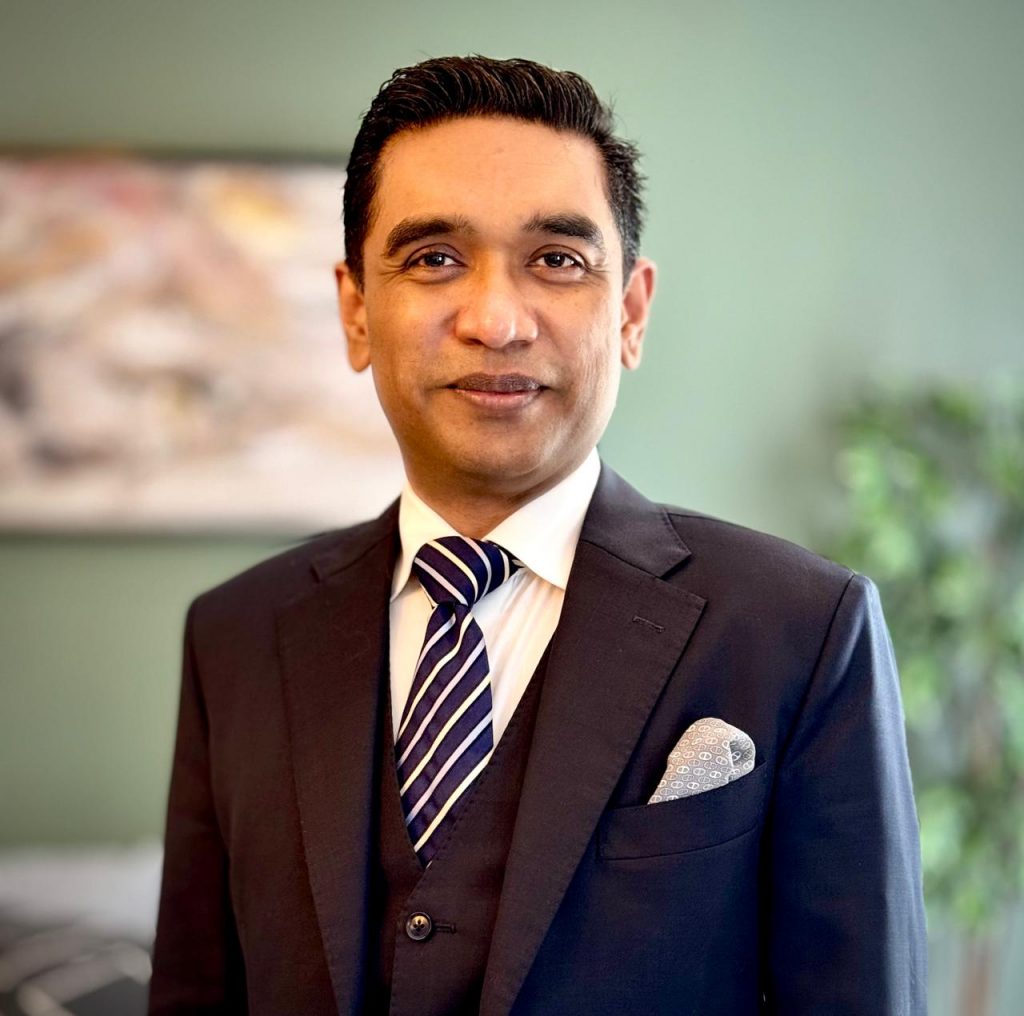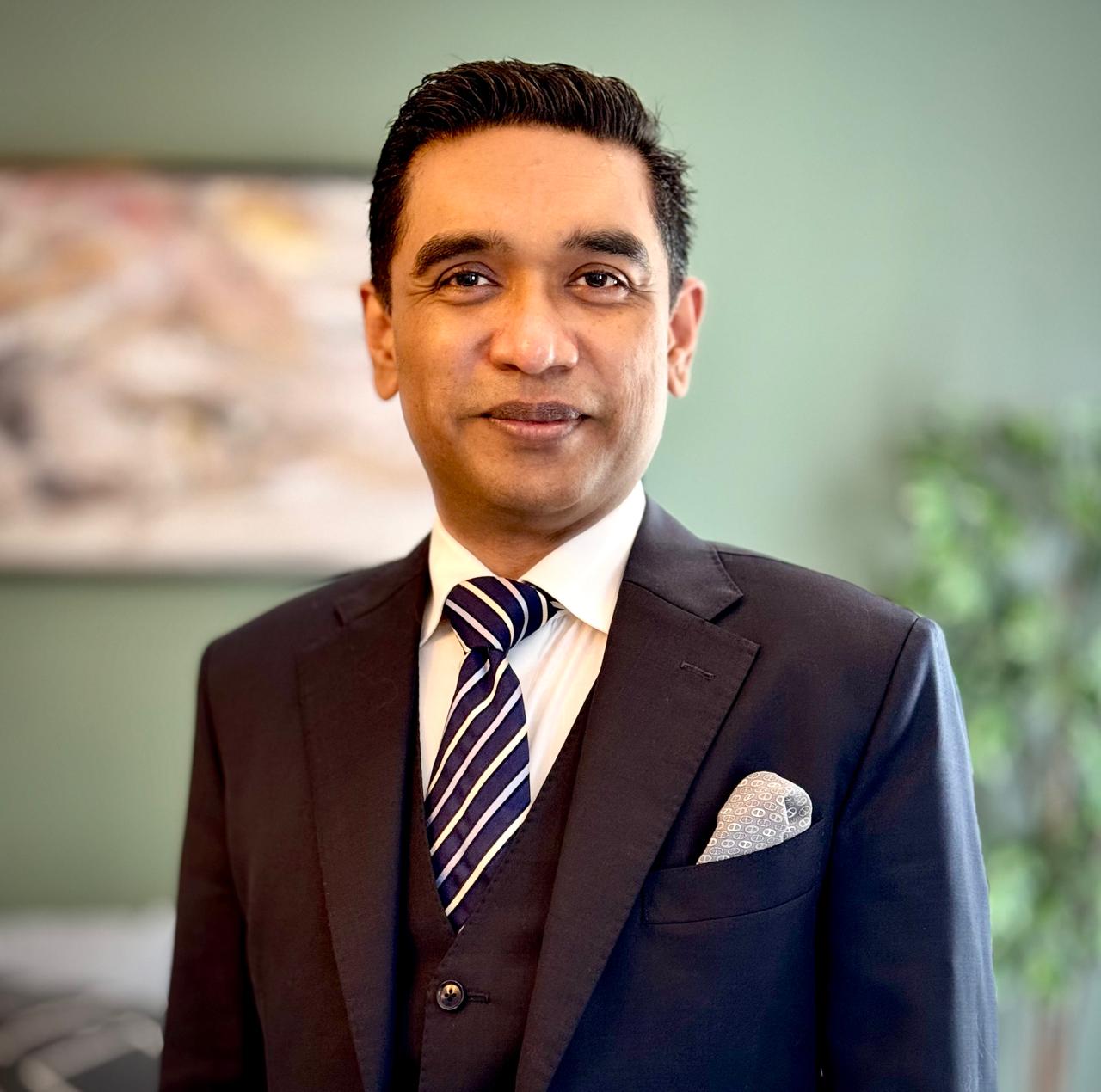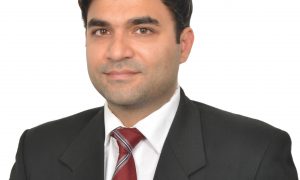This Interview has been published by Pragya Chandni and The SuperLawyer Team

Can you share with us how and why you decided to pursue a career in law? Was there a specific moment or influence that guided your decision?
My pursuit of a career in law was more accidental than pre-meditated. I am the first lawyer in my family and did not have any idea about the legal profession before I decided to study law.
Even my study of the law was more out of curiosity about the subject than out of any career aspirations. By the time I was applying to go to university, I had studied science subjects like Physics, Chemistry, Biology, Mathematics, and Pure Mathematics in addition to the social sciences and humanities like Economics, Commerce, Language, Literature, and Art. I did quite well in all the subjects but did not feel I wanted to pursue higher studies in any of those subjects. Thus, I decided to study law.
I eventually fell in love with international law and decided to pursue a career in that arena even though it was not something most graduates pursued at that time. International law was definitely the path less taken.
What was your experience like studying law at the London School of Economics and Political Science (LSE), and how did it shape your career trajectory?
Studying law at the LSE was truly a transformative experience for me. It was indeed a privilege to be taught law by the best experts. For instance, I studied Public International Law and was supervised by Sir Christopher Greenwood, who later went on to become a Judge at the International Court of Justice in the Hague. It was also an invaluable experience to be able to attend classes with a diverse group of international students while living in one of the most cosmopolitan cities in the world, London. The years at LSE clearly helped to broaden my horizon and exposed me to the career opportunities in the field of international law.
You’ve worked with top international law firms in the US and the UK. How did these experiences contribute to your expertise and influence your practice back in Bangladesh?
I worked in the UK for Eversheds LLP in their shipping department. That work experience was my first foray into the world of arbitration arising out of shipping law. During those early years of practice, I realized that a good lawyer not only needs to understand law but needs a well-rounded knowledge base which helps to think outside the box. Many of the issues that arise during a complex case may often involve highly technical matters where one’s understanding of subjects like physics and chemistry come in handy.
In the United States, I got the fortuitous opportunity to work for one of the world’s leading international arbitration firms, Foley Hoag LLP. I had gone to the United States as a Fulbright Scholar on the Hubert H Humphrey Fellowship to study at the Washington College of Law at American University (“WCL”). By chance, one of the Adjunct Professors who was teaching me at WCL was also a Managing Partner at Foley Hoag LLP, which had just been engaged by the Government of Bangladesh for the arbitration of the maritime boundary disputes in the Bay of Bengal between Bangladesh, Myanmar, and India. I was fortunately in the right place at the right time and got offered a position at Foley Hoag. I was particularly keen on assisting my own country Bangladesh in an international arena. While at Foley Hoag I also got to work for countries like Ecuador and Venezuela in arbitration cases arising from investment disputes. I was part of the team that advised the Philippines in their maritime boundary dispute with China in the South China Sea.
My international experiences in the law firms in the UK and USA greatly helped me in my international arbitration practice. Not only did I acquire legal skills by working with the best international lawyers in the world but I also built personal lasting friendships that provide indispensable support to me even today.
What motivated you to establish Alliance Laws in Bangladesh, and what have been some of the significant milestones for the firm since its inception?
The key motivation for establishing Alliance Laws was to have the freedom of choice about the kind of work I want to do. Now I only do cases that I find enjoyable or challenging. The law firm has grown exponentially since it was founded in 2019. We started with only two lawyers and in five years we have sixteen people working in the firm. Since our inception, we have assisted Bangladesh state owned entities in several international arbitration cases. In addition, we have also been involved in a number of complex cross-border transactions for international clients. The firm has been ranked by Chambers and Partners for its “Corporate and Finance” and “Dispute Resolution” works.
Given your extensive experience in international arbitration, what do you see as the most challenging aspects of this field, and how do you navigate them?
The most challenging aspect of the international arbitration field is to break into the system which is often referred to as the “insular arbitration bubble”. While some progress has been made with respect to gender, ethnicity, and cultural diversity, the system is still somewhat closed and controlled by a small group of people. I feel there is a need to encourage greater diversity in the pool of professionals which work in international arbitration, both as counsel and arbitrators.
For my part, whenever the opportunity arises, I try to encourage appointment of arbitrators and counsel from different regions and cultural backgrounds. I also try to ensure that tribunals and my legal teams have a good gender and multicultural balance.
Could you highlight one or two international arbitration cases you’ve worked on that you found particularly challenging or rewarding?
One of the most challenging international arbitration cases that I have worked on involved a dispute between my country, Bangladesh, and a Canadian energy company. The Canadian company had caused a massive explosion while negligently drilling a gas filled in northern Bangladesh and was about to get away without paying any compensation. When I was appointed to the case, half way through, I managed to get a team of lawyers together and succeeded in turning the outcome of the case in Bangladesh’s favour. It was difficult to take on a case which had been partially completed. However, in the end, it was rewarding to be able to change the outcome of the case through a combined team effort and a “never give up” mindset.
Lastly, what advice would you give to fresh law graduates who aspire to build a successful career in international law and arbitration?
My advice to all fresh law graduates would be to read as much, and as widely, as possible. Reading cultivates the mind and makes one more empathetic. To be a good lawyer one only needs to understand the law. But to be a great lawyer, especially in international law and arbitration, one has to solve complex legal issues from a culturally sensitive manner. There is also no short cut to success. In legal practice, if one is to succeed one must be prepared to go per aspera ad astra (through hardship to the stars).
Get in touch with Moin Ghani-


























